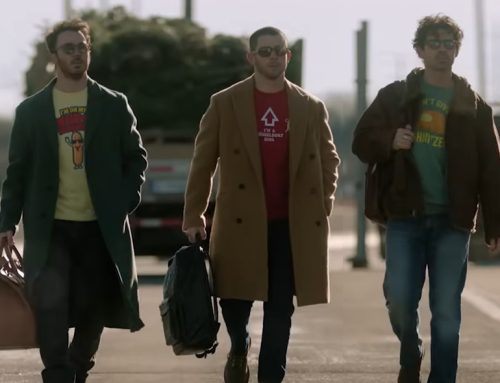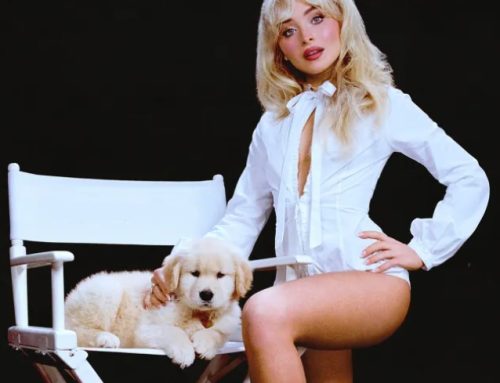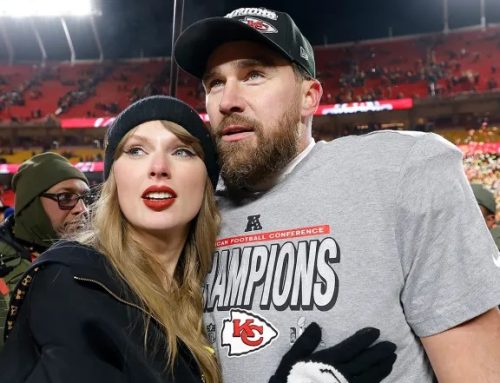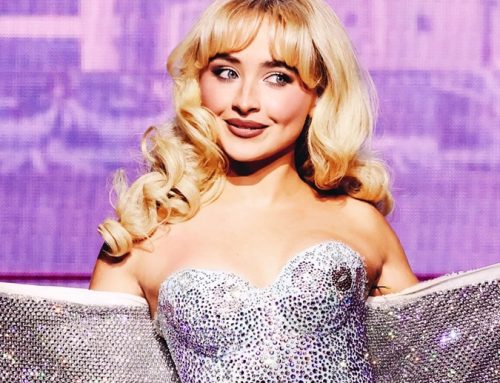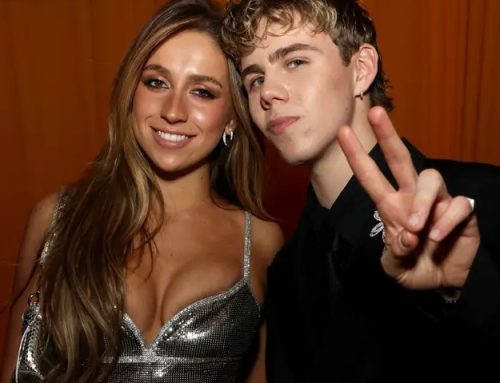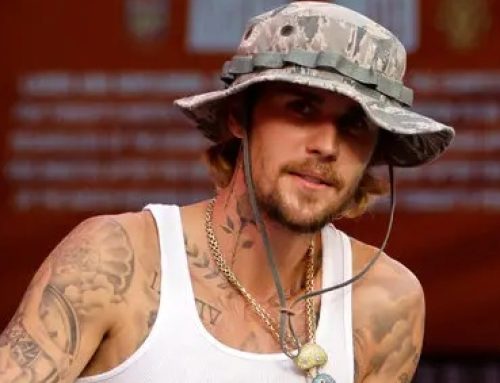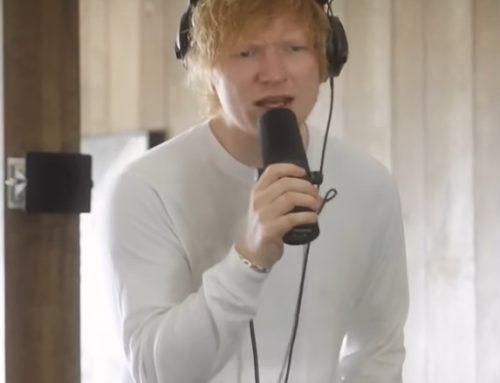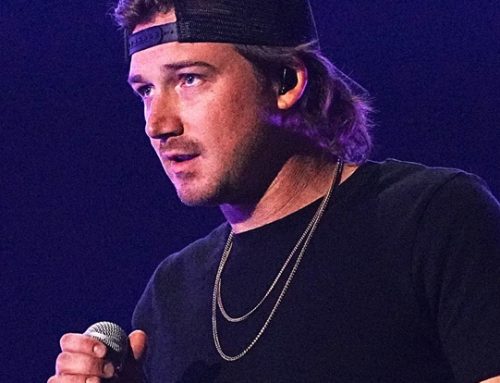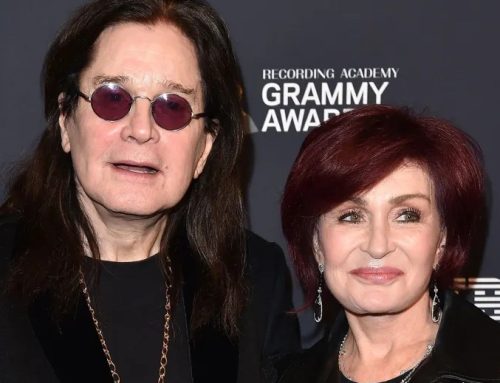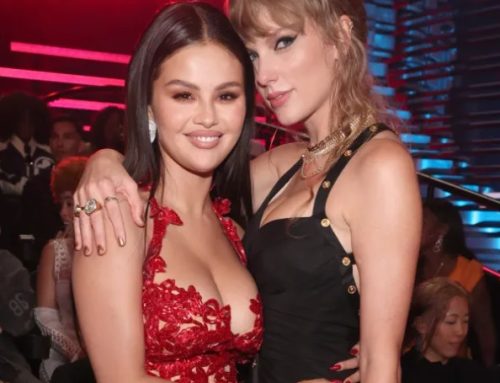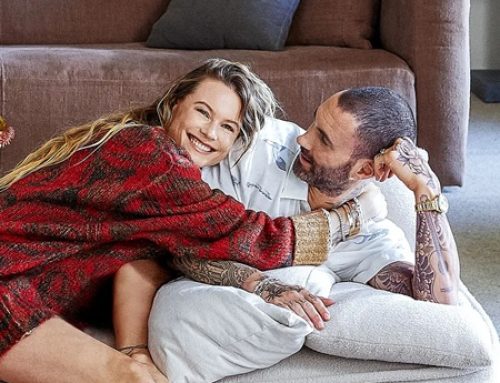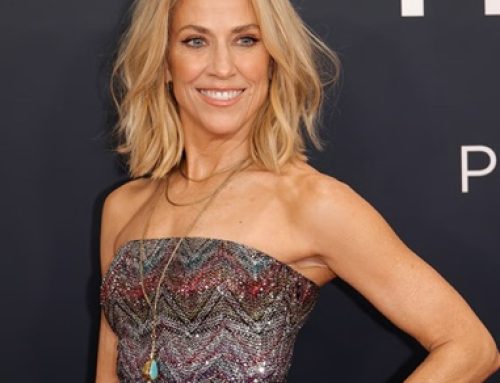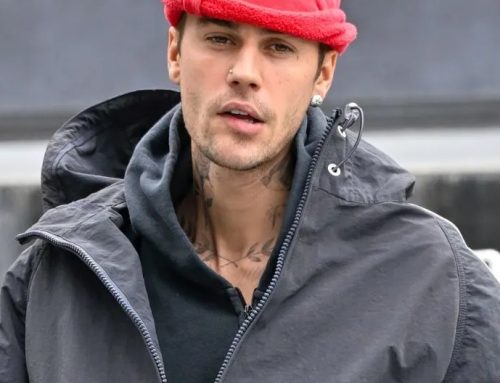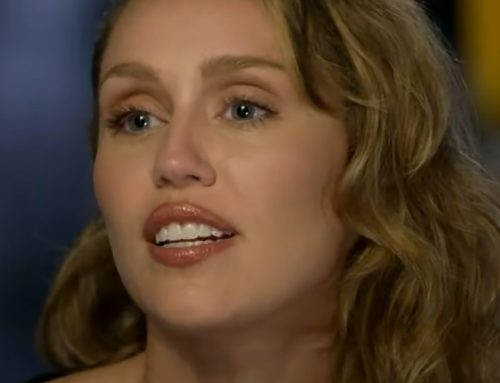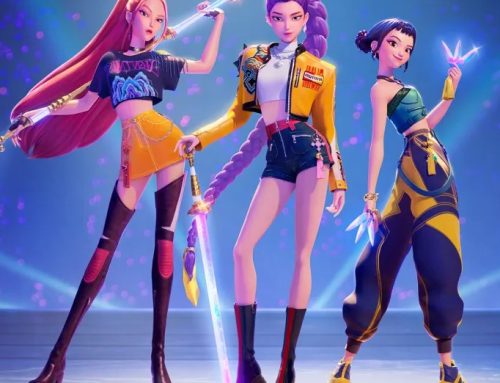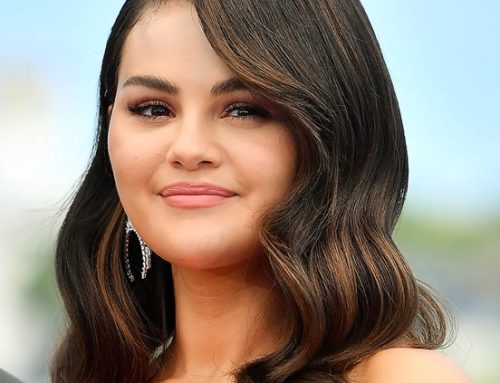Keisha Buchanan of the British girl group Sugababes remembered being perceived as an angry Black woman while performing as part of the platinum-selling trio in a new video.
In a 14-minute clip posted yesterday (June 9) on her YouTube account, Buchanan discerned fans’ comments and direct messages about the racial profiling she underwent in past Sugababes interviews that became more apparent in her “REACTING TO MY “SHADIEST/FUNNIEST ” MOMENTS |Sugababes Edition” video she uploaded two weeks prior.
“I used to think that racism was when someone directly looked at you and called you a racist word,” she said. “I didn’t realize that there was so many different ways that a person and that people can be racist or prejudiced.”
She later pulled up examples of interviews conducted with the rest of the group following her departure in 2009 and headlines that she claimed to assassinate her character — calling her “angry” and “aggressive,” labeling her as a “bi—” and “bully,” and describing how “scared” and “afraid” Jade Ewen, who ended up replacing Buchanan, was to bump into her.
“I didn’t realize that I would be having to go through therapy to help me to cope with some of the trauma that I’ve experienced while being in the Sugababes, or being in the public eye,” the 35-year-old singer-songwriter shakily said.
She dissected how the media picked up the fragments of the girl group’s childish fallouts to frame the narrative of their ever-changing line-up as Buchanan and fellow Sugababes founding member Mutya Buena looking “aggressive” and “like bullies.” Aside from her professional life, she detailed how her experiences with racism since she was 15 also seeped into her personal life, from people assuming she’d be horrible to work with because of her reputation to forcing herself to sign documents without consulting her lawyer first to avoid being perceived as “difficult.”
Buchanan, a “proud Londoner” with parents of Jamaican descent, remembered looking up to Lauryn Hill, Whitney Houston, Mary J. Blige, Brandy and more Black female artists as sources of representation for finding her voice. But she said she never believed the people around her, watching her pursue her dreams of being a pop star over the last two decades, could silence and misread her the way they did.
“But the [journalists] who were leading the wolfpack when I was a teenager did severe damage to my confidence…. When you feel that much scrutiny over your life, it then leads into depression,” Buchanan expressed. “And it’s that kind of depression… and all of that stems from lies that were told, injustices that were happening around me, injustices that are still happening to this day.”
The pop star expanded the conversation about the Black Lives Matter movement in America to her home country of England, New Zealand, Japan and other countries while displaying a montage of pictures from the international protests.
“I want people to see me for me, thoughts and all, shadiness and all, bossiness and all. I want people to see me for me and then make a judgement on that and not what they perceive me to be based upon the color of my skin,” she stated toward the end of the video.
Watch Buchanan’s whole confessional video below.


